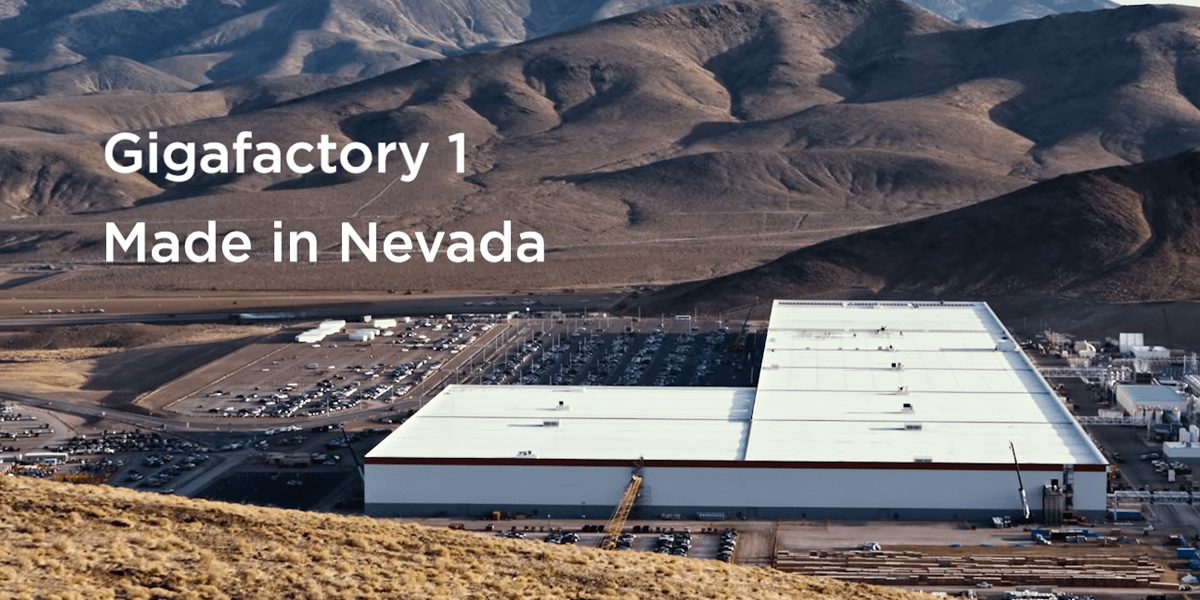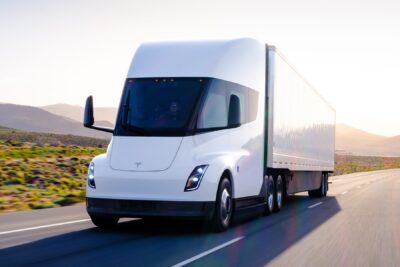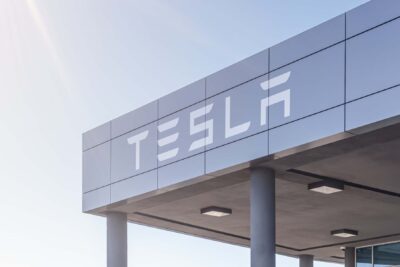Nevada court (mostly) rules in favour of Tesla vs Tripp
The legal case between Tesla and former employee Martin Tripp has been ongoing since 2018. After Tripp leaked sensitive documents and presented himself as a whistleblower, the court has made a ruling that is mostly – but not entirely – a victory for Tesla.
Tripp quickly became also known as the saboteur after he had leaked Tesla company information to the press. The carmaker took him to court subsequently for hacking the company’s manufacturing operating system at the production facility.
Among other things, Tesla also tried to sue Tripp for defamation, asking for $167 million in damages since Tesla claimed that Martin Tripp’s disclosure of confidential information caused a $167 million decline in the electric car maker’s market value. Tripp launched a defamation counterclaim.
Chief Judge Miranda Du of the federal court in Reno, Nevada has now ruled that Tripp’s counterclaim of defamation held no water since there was no evidence of malice on Tesla’s part. On the other hand, she also ruled that Tesla failed to show that Martin Tripp’s disclosure of confidential information caused a $167 million drop in the Californian company’s market value.
Judge Du ruled against Tripp and in favour of Tesla, regarding Tripp’s unauthorised use of data. She ruled that Tripp might have violated a Nevada computer crimes law, stating that Tripp’s conduct justified punitive damages.
But what on earth was it all about?
Back in 2018, Tesla CEO Elon Musk said that Tripp had “sabotaged” software in the automaker’s manufacturing system at Gigafactory Nevada and stolen data. Tesla stated that Martin Tripp had “unlawfully [hacked] into the company’s confidential and trade secret information,” –which sounds a bit like stealing trade secrets from which profit might be made. At the time of the alleged data theft, Martin Tripp was a process technician at Tesla’s Gigafactory near Reno, Nevada.
However, Tripp claimed in his defence he had been concerned over excess scrap at the factory and that he feared batteries weren’t entirely safe. He stole documents relating to the proclaimed issues and alleged the installation of damaged battery cells inside battery packs. He also made claims that he had identified “production inefficiencies and delays in Tesla’s race to produce 5,000 Model 3 cars per week.”
Court records revealed by Reuters, now show that Tripp admitted to hacking the company’s manufacturing operating system, transferring several gigabytes of Tesla data to third parties and making false statements to the media.
But Judge Miranda Du stated it was one of the more interesting cases she has had to make a ruling on. “Tripp, a single, non-executive-level employee, got into a very public dispute directly with the CEO of his former employer that generated its own news cycle. That is unusual,” she said.
The story may still not be over. Because the court sided with Tesla on all counts bar the damages relating to stock market value, Tripp may still have to pay damages and Tesla’s legal fees. Their army of lawyers won’t have come cheaply.
The state of play is that the case could still go to trial following the summary judgment or both parties may decide to settle out of court.
reuters.com, teslarati.com (transcript of the ruling), electrek.co, carscoops.com





0 Comments